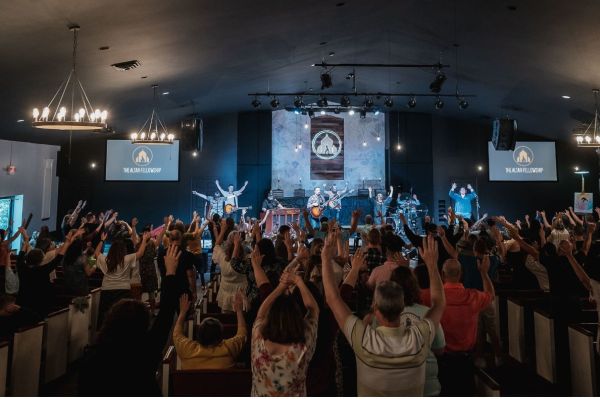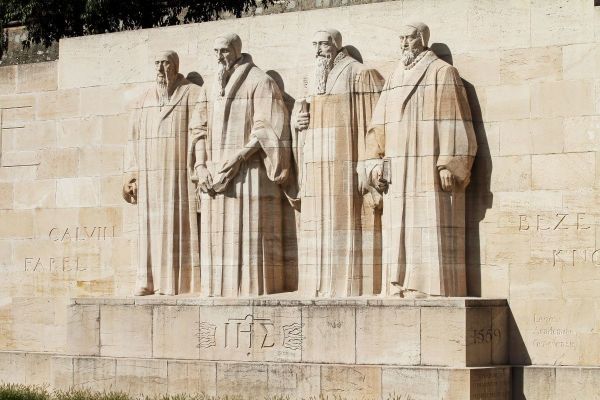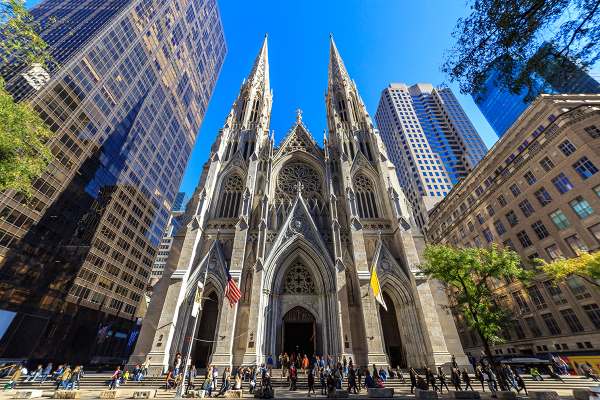Methodist Seminary is 'Abdicating' Christianity, Says Theologian
Despite a Methodist seminary president's insistence that he is not compromising Christianity by turning the school into a multi-religious one, evangelicals and conservative Christians remain unconvinced.
Claremont School of Theology, located in Southern California, "is basically abdicating the faith," said Dr. R. Albert Mohler, Jr., president of The Southern Baptist Theological Seminary in Louisville, Ky.
"There's just no other way you can actually understand this from any evangelical or orthodox Christian understanding," the prominent evangelical and theologian said Thursday on his radio program.
Claremont's president, the Rev. Jerry Campbell, announced Wednesday that the seminary will be partnering with Jewish and Islamic schools to offer clerical training to students of various faiths. Students will be trained in their own religious traditions as well as gain understanding of other faiths through shared classes with the Academy for Jewish Religion and the Islamic Center of Southern California. Eventually, the seminary plans to expand its training to include Hinduism and Buddhism, among others.
The new consortium of graduate schools, which is believed to be the first of its kind, is being launched to essentially better prepare students for the multi-religious world they are living in.
But a multi-religious environment isn't anything new, said Mark Tooley, president of the Institute on Religion and Democracy, a conservative watchdog that monitors mainline denominations.
Christians have had to deal with such an environment for the past 2,000 years and Christianity has stuck to its truth claims amid the diversity, he noted during Mohler's radio program.
"If they are to be faithful to the Gospel then they should be accepting the multi-religious environment as a challenge rather than trying to accommodate it or succumb to it," Tooley commented.
During the announcement Wednesday, speakers from Claremont noted the need to "desegregate religious education" and tear down the walls that have long separated them. They repeatedly called for a culture of inclusiveness, tolerance and pluralism and stressed the urgency of that call.
"This vision is the proper vision for us at this time," Campbell declared. "[There are] many signs in our world that God is moving faster in this arena than our religions and we need to get in on it."
Tooley, a long-time United Methodist, noted that Claremont's multi-religious project is a logical outcome of the trajectory that it has been on. Decades ago, Claremont was promoting "process theology," which denies the sovereignty of God and suggests God is always evolving and maturing along with the world.
Currently, The United Methodist Church has cut off funding – about a million dollars – to the school as it investigates the seminary's multi-faith effort. In the meantime, Claremont has received a $10 million pledge from David and Joan Lincoln, who are United Methodists.
As a seminary president of a school affiliated with a denomination, Mohler remains puzzled and critical of Claremont's project.
"I think the most puzzling part of all this is that somehow they seem to be implying that there are just different flavors of religious professional out there, and some of them show up as evangelical preachers, some of them show up as mainline pastors, some of them show up as imams, as rabbis, well you name it," he stated. "And from a Christian perspective, that's just profoundly not what we're doing as Christian ministers. As a seminary president, that's profoundly not what we're trying to produce."
Claremont has functioned as a Methodist theological school since its foundation in 1885.






















